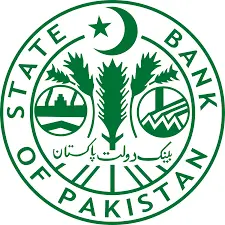Fitch expects Pakistan’s external debt repayments to remain elevated, at about USD8 billion-10 billion per annum over the next few years. Participation in the G-20’s Debt Service Suspension Initiative (DSSI) has reduced near-term pressures by postponing USD3.7 billion in payments previously scheduled between May 2020 and December 2021 to over a five- to six-year period.
Access to external financing from multilateral, bilateral and private sources has been sustained, facilitated by the government’s policy reforms and continued progress in meeting conditions under the Extended Fund Facility (EFF) programme with the IMF. Pakistan’s March 2021 Eurobond issue of USD2.5 billion had strong investor demand.
China remains the main source of bilateral financing, providing about USD2.3 billion in budget support during fiscal 2021, along with increasing the size of the People’s Bank of China’s Currency-Swap Agreement with the State Bank of Pakistan (SBP), the central bank, by USD1.5 billion, which government of Pakistan channelized to repay USD2 billion in deposits from Saudi Arabia in FY21.
Approval of the Extended Fund Facility second-to-fifth reviews by the IMF board back in March allowed a USD500 million disbursement, marking the resumption of the programme after a pause for much of the last year due to disruptions from the corona virus pandemic.
Fitch understands that negotiations for the sixth review have commenced, which are centred around the FY22 budget. They are of the opinion that completion of the review within the timeframe could prove challenging given divergent views over the timing and pace of tax revenue measures and energy tariff increases, as well as the appointment of a new Minister of Finance in April. However, both the government and the IMF appear committed to the programme’s ultimate objectives.










